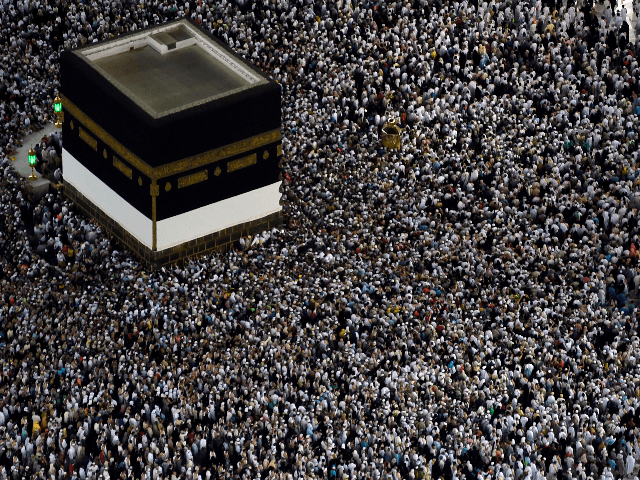The Supreme Judicial Council of Saudi Arabia suspended two judges on Monday after they issued controversial rulings banning the use of shisha tobacco and shaving, local media reported Tuesday.
Al-Arabiya, a Saudi network, quoted local media outlet Sabq describing the two cases, referred to as Al-Ma’sil and Al-Halaq, as “exceptional and rare rulings.” According to Sabq, authorities placed the two judges under immediate investigation and said they will be punished in due course, which may result in the end of their judicial work.
As well as causing anger among the wider population, the case quickly became controversial after the two judges cited their personal interpretation of Islam in their ruling, which al-Arabiya claimed was not legitimate legal reasoning under Saudi judicial laws.
“The two cases are currently being reviewed, because the commercial activity in the two deliberated cases is legally authorized, and the role of the judiciary is to enforce regulations,” the outlet explained. “The role of the judiciary is then to implement these regulations, and therefore the court must decide on the matter in a way that preserves rights.”
The mandatory or voluntary status of beards for men under sharia, the Islamic law, is a matter hotly debated by many of the religion’s scholars for centuries. Despite shaving not being illegal in any Islamic country, some clerics believe it essential as part of the general Islamic mandate to emulate Muhammad, the main religious figure. While Muhammad is said to have maintained a beard, it is a crime under sharia to depict his likeness in any way.
Shisha remains forbidden (haram) as it contains tobacco. Recently, however, the Consultative Council of Saudi Arabia approved a proposal that would allow its consumption in the country’s restaurants and cafes. Its legality is predicated only “according to specific regulations,” which include a 100-percent tax on suppliers and a ban on sales to individuals younger than 18. The decision was reportedly taken as part of Crown Prince Mohammed bin Salman’s “Saudi Vision 2030” reform plan, which aims to further open the country to the world.
Malpractice among the judiciary and the wider public sector remains a concern for the Saudi government. In July, authorities sentenced several judges following their convictions in corruption cases involving bribery, money laundering, and embezzlement.
Follow Ben Kew on Parler, Facebook, or Twitter. You can email him at bkew@breitbart.com.

COMMENTS
Please let us know if you're having issues with commenting.